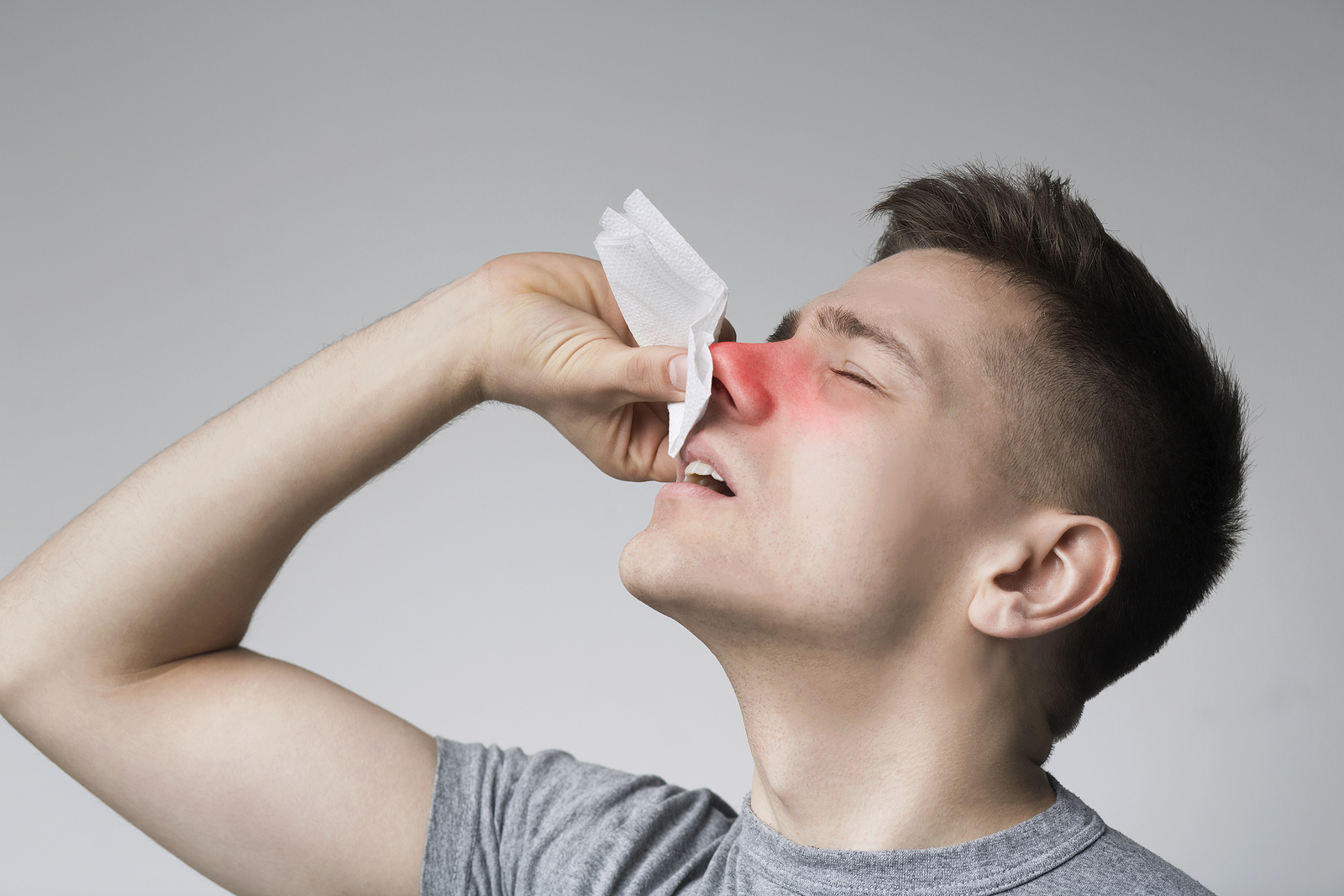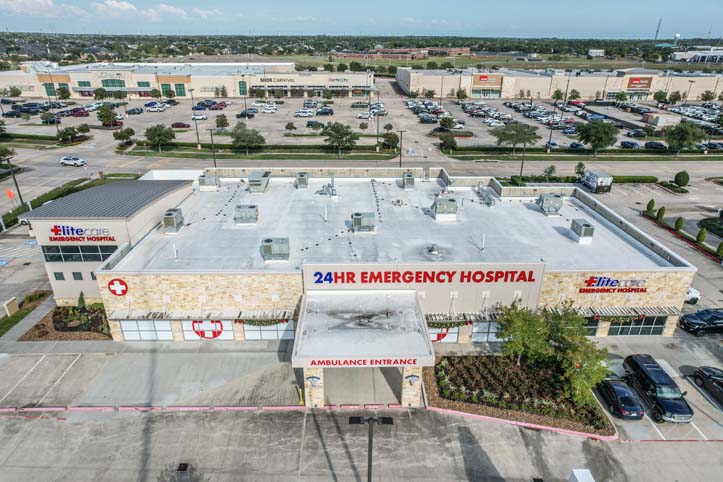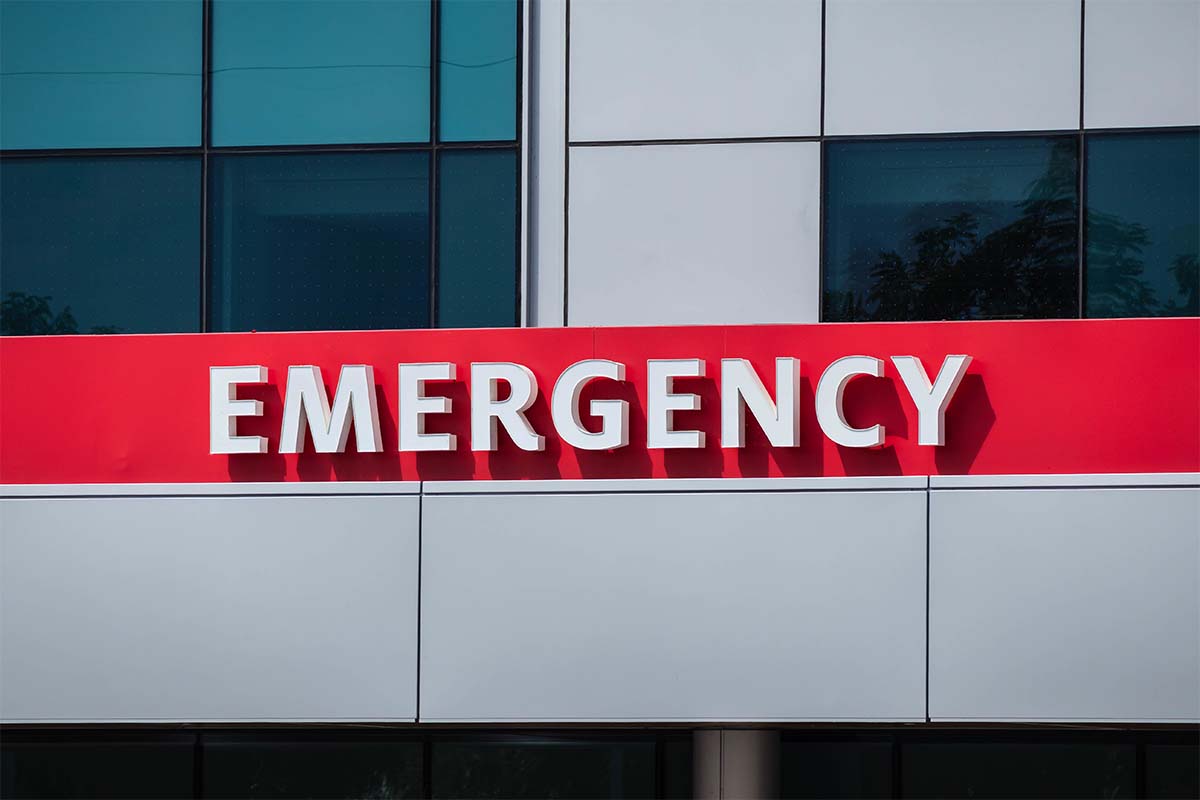
Nosebleeds, also known as epistaxis, can have various causes including dry air, allergies, a nose injury, or even high blood pressure. Taking steps to prevent nosebleeds, such as using a humidifier in dry environments, can also help reduce their occurrence. Here is more information on what we know about nosebleeds.
First Aid for Nosebleeds
Nosebleeds can often be easily treated at home by calmly leaning forward and lightly pinching the soft part of the nose for 10-15 minutes. Applying a cold compress to the nose can help reduce swelling and slow down bleeding.
Facial Injury
In the case of a nose injury, such as a blow to the face during sports or a car accident, it is important to seek emergency medical attention as it could be a sign of a more serious facial fracture. A doctor will likely take x-rays and may need to perform surgery to repair the fractured bone and any related damage. It is important to follow all post-operative care instructions and attend follow-up appointments for proper healing and prevention of future complications.
High Blood Pressure and Nose Bleeds
In a recent 2020 study, researchers used data from the Korean National Health Insurance Service to examine the risk of nosebleeds in people with high blood pressure. In a group of 35,749 participants, researchers found people with a history of hypertension had an increased risk of nosebleeds requiring hospital visits compared to people with no history of high blood pressure. (Bakalar, 2020)
Although high blood pressure is not known to cause nosebleeds directly, it may increase the risk and worsen symptoms. Managing high blood pressure through lifestyle changes and medication can help prevent or reduce the occurrence of nosebleeds. It is important to work with a healthcare provider to properly monitor and manage your blood pressure levels.
In some rare instances, according to the American Heart Association, extremely high blood pressure, called a hypertensive crisis, can accompany a nosebleed. (Healthline, 2022)
Blood Thinners and Nosebleeds
Blood thinners, such as dabigatran (brand name Pradaxa), reduce the blood’s ability to clot. This can lower the risk of stroke and blood clots in certain medical conditions but also increase the risk of bleeding. (Nguyen, 2021) Nosebleeds are a common side effect of blood thinners and can range from mild to severe. It is important to follow your healthcare provider’s instructions and attend regular check-ups while taking blood thinners to monitor for symptoms of bleeding.
It may be necessary to temporarily stop or adjust blood thinner medication under a doctor’s supervision. It is not a good idea to assume that stopped bleeding will not recur in patients on blood thinners. In some cases, nosebleeds can recur and require ongoing management and close monitoring.
Nosebleeds and Emergency Care
We have learned about what causes nosebleeds, things we can do if we have a nosebleed, and when a nosebleed is considered an emergency. Take into consideration the age of the person, what medications they take, especially blood thinners, the severity of the nosebleed and the frequency of them.
Nosebleeds can be uncomfortable and potentially dangerous if they do not stop or recur frequently. Working with your healthcare provider to manage underlying health conditions, such as high blood pressure, and following the recommended treatment plan can help prevent recurrent nosebleeds and ensure that any emergency care is timely and appropriate for your individual needs.
Works Cited
Nosebleeds (epistaxis): Types, causes, treatment & prevention. Cleveland Clinic. (n.d.). Retrieved November 16, 2022, from https://my.clevelandclinic.org/health/diseases/13464-nosebleed-epistaxis
Bakalar, N. (2020, September 23). Spontaneous nosebleeds tied to high blood pressure. The New York Times. Retrieved November 16, 2022, from https://www.nytimes.com/2020/09/23/well/live/spontaneous-nosebleeds-tied-to-high-blood-pressure.html
Yetman, D. (2021, March 22). High blood pressure and nosebleeds: Is there a connection? Healthline. Retrieved November 16, 2022, from https://www.healthline.com/health/high-blood-pressure-hypertension/high-blood-pressure-nose-bleed#:~:text=According%20to%20the%20American%20Heart,pressure%20called%20a%20hypertensive%20crisis.
Nguyen, V. (2021, November 11). Pradaxa (DABIGATRAN): Uses, side effects, dosage, and more. Medical News Today. Retrieved November 16, 2022, from https://www.medicalnewstoday.com/articles/pradaxa
















